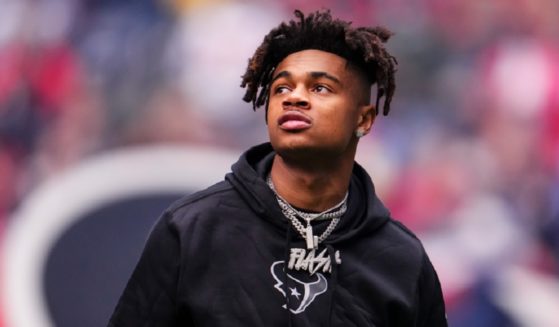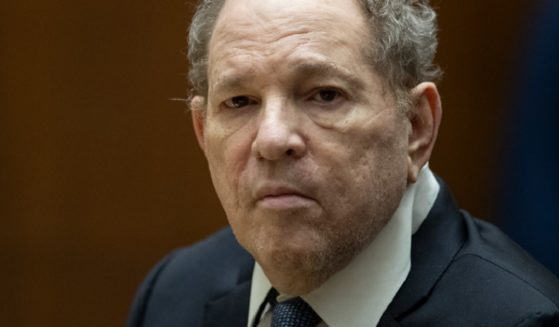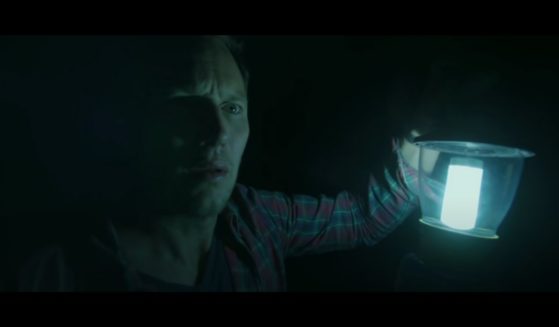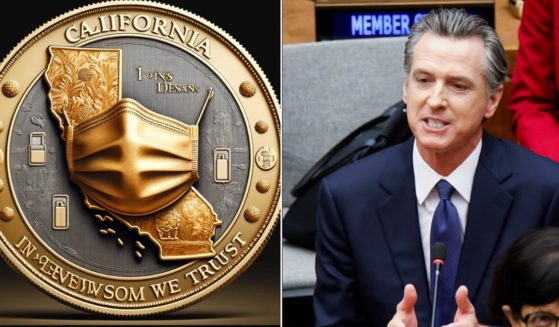Judge Rules Teacher Shot by 6-Year-Old Can Move Forward with $40 Million Lawsuit
A teacher who was shot by her 6-year-old student in Virginia can press forward with her $40 million against a school system over claims of negligence by school administrators, a judge ruled Friday.
The surprise decision by Newport News Circuit Court Judge Matthew Hoffman means that Abby Zwerner could get much more than just workers compensation for the serious injuries caused by January’s classroom shooting.
Lawyers for Newport News Public Schools had tried to block the lawsuit, arguing that Zwerner was eligible only for workers compensation. It provides up to nearly 10 years pay and lifetime medical care for injuries.
Hoffman disagreed with the school board, concluding that Zwerner’s injuries “did not arise out of her employment” and therefore did not “fall within the exclusive provisions of workers’ compensation coverage.”
The judge wrote: “The danger of being shot by a student is not one that is peculiar or unique to the job of a first-grade teacher.”
Zwerner was hospitalized for nearly two weeks and endured multiple surgeries after a bullet struck her hand and chest. Zwerner alleges that administrators ignored multiple warnings the boy had a gun that day and had routinely dismissed ongoing concerns about his troubling behavior.
“This victory is an important stepping stone on our path towards justice for Abby,” Zwerner’s attorneys, Diane Toscano, Jeffrey Breit and Kevin Biniazan, said in a statement.
“We are eager to continue our pursuit of accountability and a just, fair recovery,” they said. “No teacher expects to stare down the barrel of a gun held by a six-year-old student.”
The school board’s attorneys indicated that they would appeal Friday’s decision and said in a statement that they “fully anticipate its reversal by the appellate court.”
The school board maintained that Zwerner’s injuries were directly related to her job and therefore covered under workers’ compensation.
“The actual risk of employment in this scenario is that of a teacher being injured at the hands of a student which, unfortunately, is a fairly common occurrence and one that is only increasing in frequency this day and age,” school board attorney Anne Lehran said in a statement.
Some legal experts expected Zwerner’s lawsuit to fail under Virginia’s uncommonly strict workers’ compensation law. That’s because it covers workplace assaults and allegations of negligence against employers. Lawsuits that might move forward in other states often falter in the Commonwealth.
Zwerner’s attorneys countered that workers’ compensation doesn’t apply because a first-grade teacher would never anticipate getting shot: “It was not an actual risk of her job.”
A tentative trial date for Zwerner’s lawsuit is scheduled for January 2025.
In early January of this year, the 6-year-old pulled out his mother’s handgun and shot Zwerner as she sat at a reading table. She rushed the rest her students into the hallway before collapsing in the school’s office.
Zwerner sued in April, alleging school officials ignored multiple warnings that the boy had a gun and was in a violent mood.
Police have said the shooting was intentional. Zwerner claims school officials knew the boy “had a history of random violence” at school and home, including when he “choked” his kindergarten teacher.
J. H. Verkerke, a University of Virginia law professor, previously told The Associated Press that Zwerner’s attorneys faced an uphill battle under the state’s workers’ compensation law. He said they needed to prove the shooting was unrelated to Zwerner’s job, even though she was shot in her classroom.
Their challenge was “to somehow make out that it’s personal,” Verkerke said.
In his ruling on Friday, Judge Hoffman wrote that the shooting against Zwerner was “personal.”
Judge Hoffman noted that the boy had the gun with him from the beginning of the school day until just before dismissal.
“It was not until the student was back in (Zwerner’s) classroom that he decided to fire it once, striking (Zwerner),” Judge Hoffman wrote. “He did not at any time threaten any other student, teacher or administrator at the school with a firearm.”
Zwerner’s attorneys argued in a brief last month that the boy’s “violence was random and aimed at everyone, both in and out of school.”
He “asserted that he was angry that people were ‘picking on’ his friend, a motivation that had nothing to do with (Zwerner),” her lawyers wrote without further elaboration. “His motivation was a personal one.”
The school board disagreed and questioned how the shooting could be anything but work-related.
Responding to the judge’s decision on Friday, the school board’s attorneys said “it is clear that the student and Ms. Zwerner only knew each other through their teacher-student relationship.”
“In order for a ‘personal’ action to defeat the exclusivity of the Workers’ Compensation Act, that personal motive must not be itself related to … the employment,” they wrote.
Workers’ compensation laws were deemed a grand bargain in the 20th century between injured workers and employers, Verkerke said. Workers lost the ability to sue in most cases, protecting employers from enormous payouts. But people who were injured gained much easier access to compensation — lost pay and medical coverage — without having to prove fault.
The Western Journal has reviewed this Associated Press story and may have altered it prior to publication to ensure that it meets our editorial standards.
Truth and Accuracy
We are committed to truth and accuracy in all of our journalism. Read our editorial standards.












